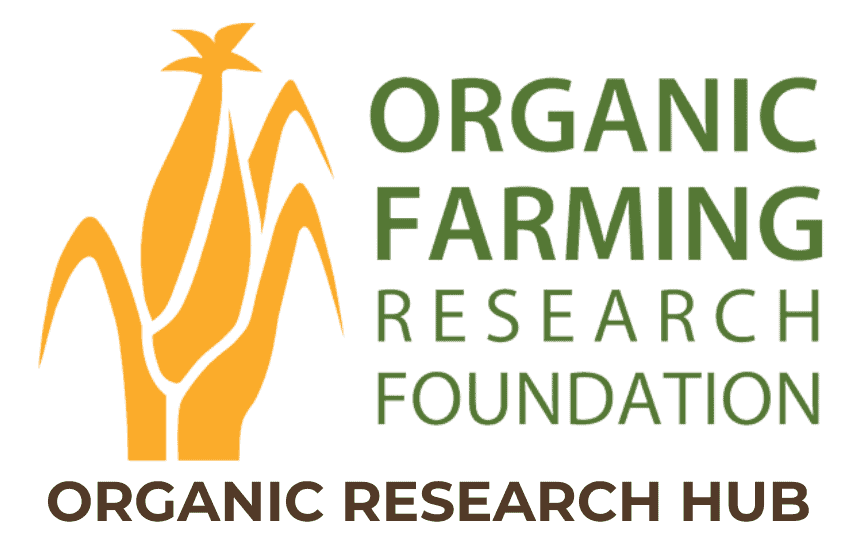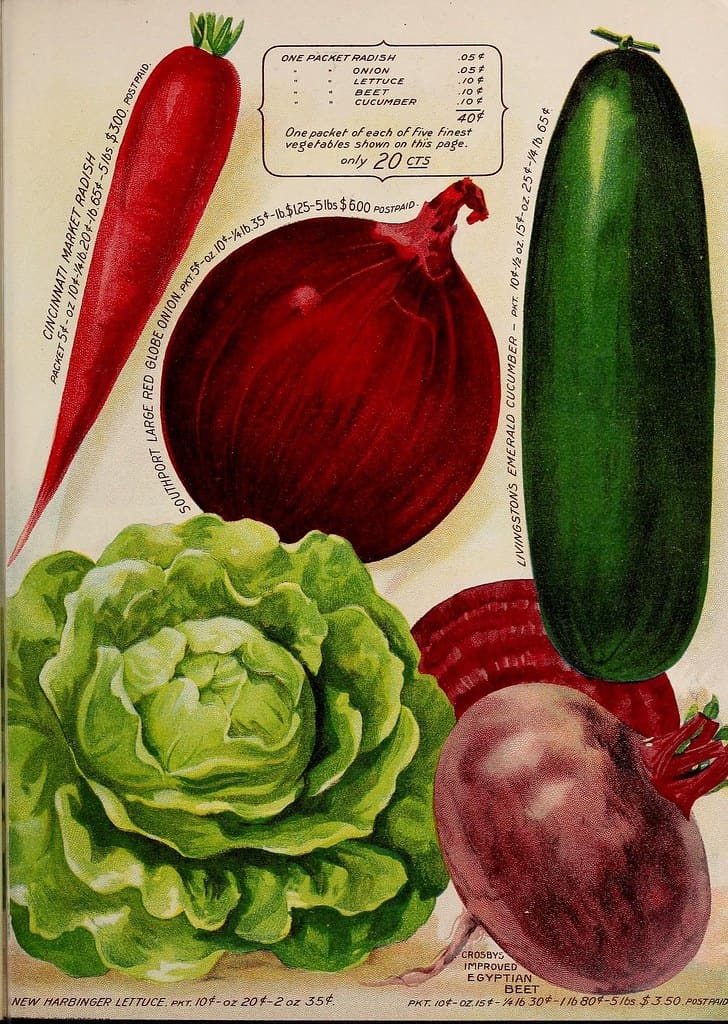Utilization of Mustard Seed Meal Extract for Improving Soil Health in a Small-Scale Organic Potato Cropping System
Project Director: Inna Popova, University of Wisconsin, Madison
Project Overview
Mustard seed meal has recently emerged as a promising organic-approved soil amendment that can reduce pesticide pressure and improve crop yields. Studies have found that mustard seed meal extract can reduce weed density, but the effect on soil microbial communities and the nutrient composition of the soil is less clear. Two field trials were conducted on two certified organic farms in Northern Idaho to investigate the potential of mustard seed meal extract to improve soil health in organic potato systems.

Farmer Takeaways
- Mustard seed meal extract positively impacts soil chemistry by increasing nitrogen, phosphorus, sulfur, and magnesium, and improving the organic to inorganic nitrogen ratio, which is beneficial for plant growth.
- The overall soil health score and respiration rates improved, indicating better soil function.
- Long-term, repeated applications may result in a build up of soluble salts, so care should be taken.
Project Objectives and Approach
Mustard seed meal extract was prepared from OMRI certified S. alba (IdaGold variety) seed meal to result in 272 µmole g concentration of the active ingredient ionic thiocyanate. Nitrogen and carbon contents of the prepared extracts were 2.10 and 42.24%, respectively.
The trial was conducted at two certified organic farms in Moscow and Saint Maries, ID. Plots planted to seed potatoes received mustard seed extract treatments three weeks after planting. Five field replicates for four treatments (control soil and soil amended with mustard seed meal extract (once, twice, or three times) were randomly assigned.
Soil samples were collected from each plot on the day of potato harvest. Soil pH, soil macro and micronutrients, and Haney soil health scare analysis were then conducted.
Specific objectives of the trial were to: 1) assess the changes in soil chemical indicators after mustard seed meal extract application; 2) evaluate the effect of mustard seed meal extract on soil biological indicators; and 3) assess soil health indicators after mustard seed meal extract application
Key Findings
Soil Chemical Characteristics
All three rates of mustard seed extract reduced pH, by 0.5 to 0.7 units. This change in pH is within the acceptable range, but also came with a two-fold increase in soil-soluble salts at both sites. While the overall salinity level was considered acceptable (below 0.8 mmho cm-1) in this trial, repeated application of mustard seed meal could result in salt accumulation in the long term, depending on the soil moisture and other soil characteristics.
For both farms, the increase in total organic carbon did not translate to an increase in soil organic matter (SOM) after one year of mustard seed meal extract application.
The trend was toward increased total nitrogen (N) and a steady decrease in C:N ratio after mustard seed meal extract application. The ratio of organic to inorganic N decreased with the addition of mustard seed meal extract, indicating conditions favorable for short-term plant nutrient seeds. Concentrations of total phosphorus (P) in soils increased with the application of mustard seed meal extract, as did sulfur and magnesium concentrations.
Soil Biological Characteristics
The application of mustard seed meal extract did not significantly change the microbial active carbon, however soil respiration increased in the soils treated with mustard seed meal extract. This is consistent with previous findings, where the application of organic amendments has been found to increase soil respiration in soils and an overall positive effect on soil health.
Soil Health Score
Application of mustard seed meal extract led to improved Haney soil health scores, reaching increases of 21.74 at SS farms and 26.86 at PC farms. Although the soil health score is an arbitrary number, these results indicate an overall improvement in soil function.
Resources
Daniel Temmen, John Randall & Inna Popova (2023) Utilization of Mustard Seed Meal Extract for Improving Soil Health in a Small-Scale Organic Potato Cropping System, Communications in Soil Science and Plant Analysis, 54:3, 345-355
Read MoreLocation
IdahoCollaborators
John Randall, University of Idaho
Daniel Temmen, University of Idaho
Topic
Soil Health, Crop Nutrient Management
Category
Vegetables/Fruits, Grain and Field Crops
Year Published
2023



